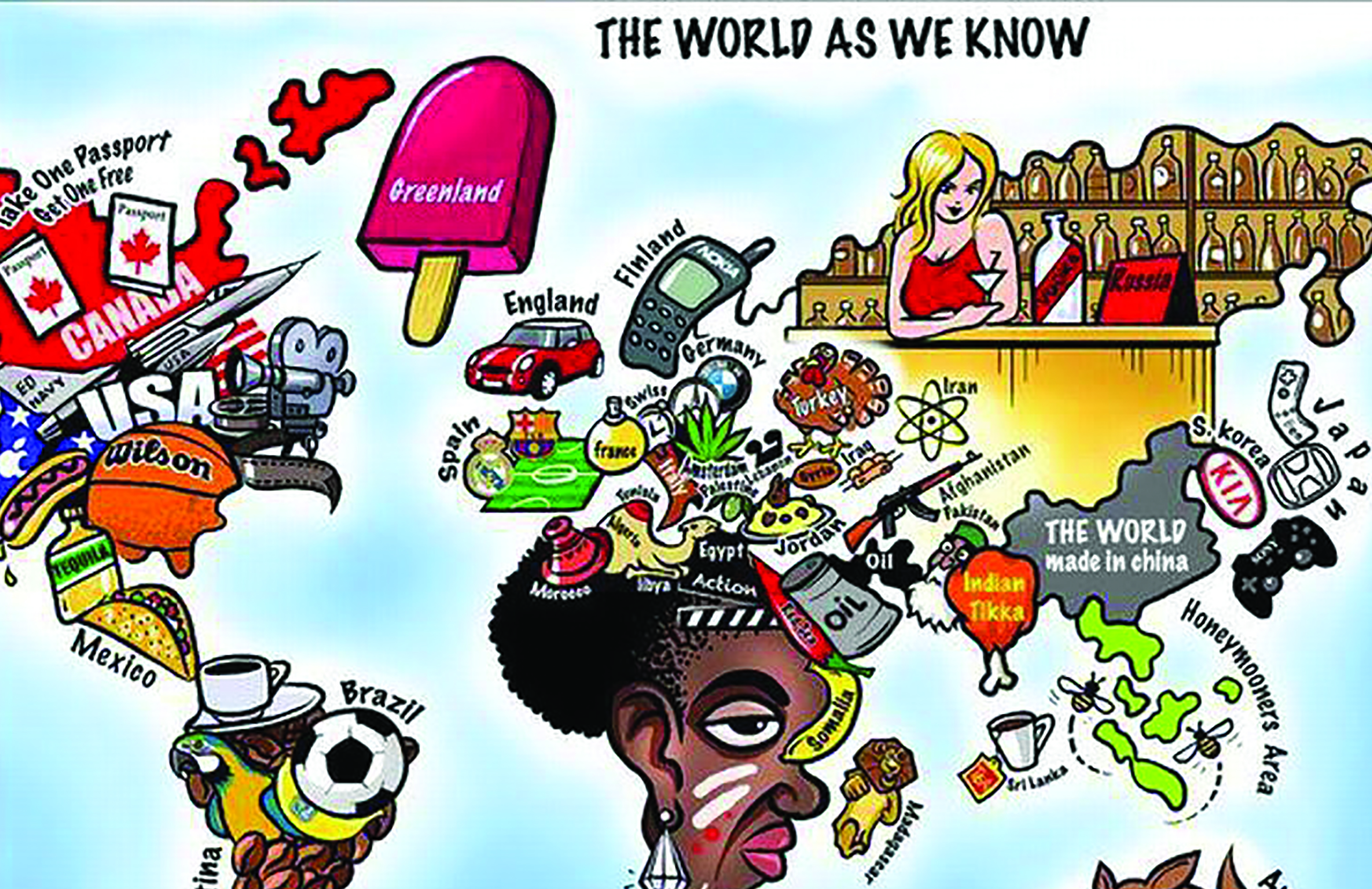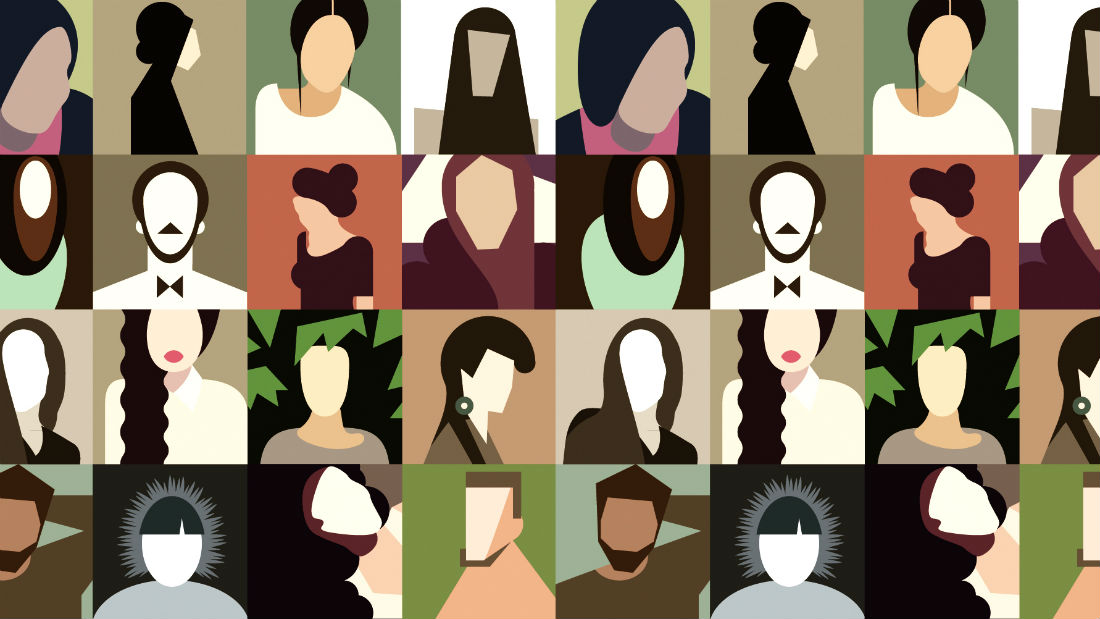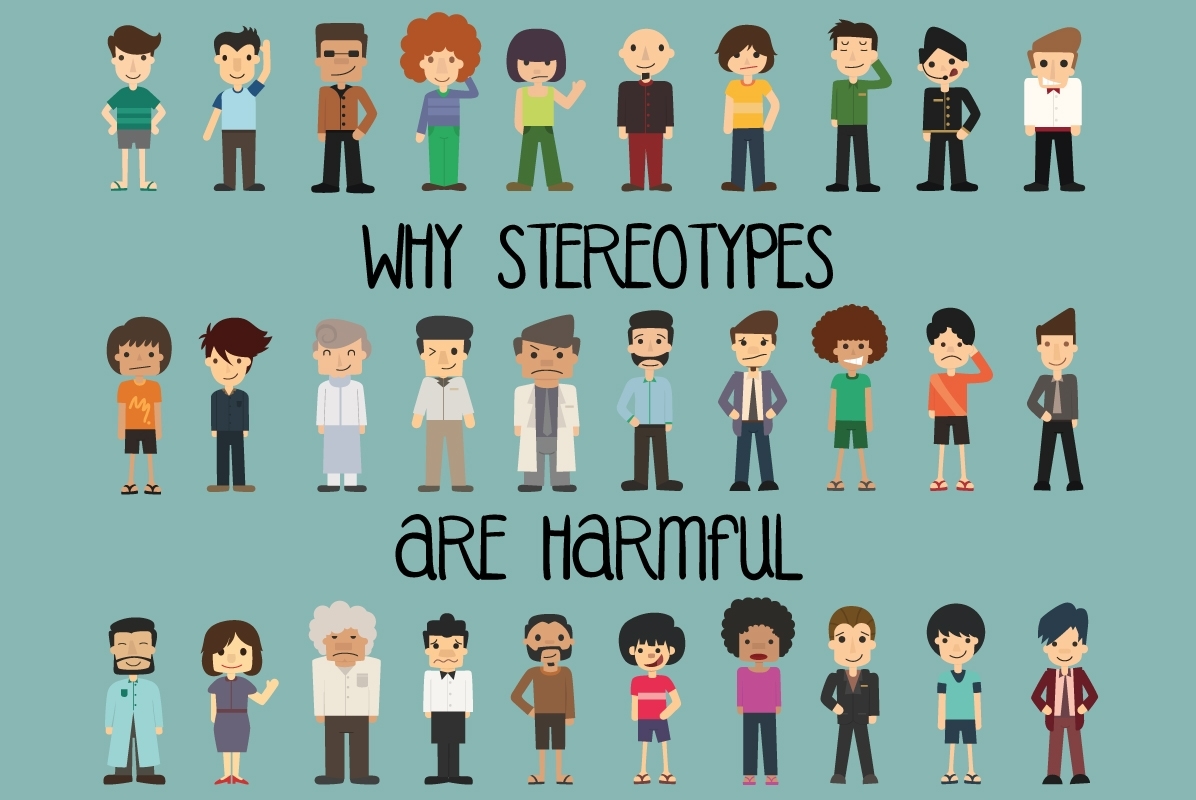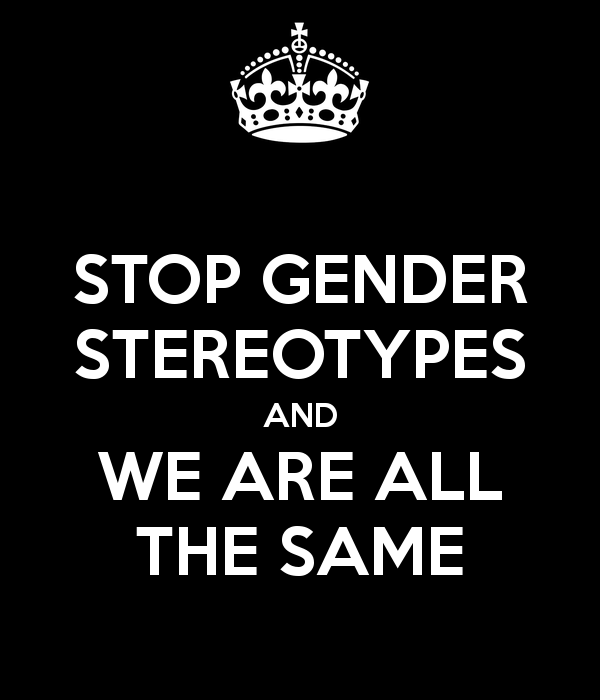
What is Stereotype?
Stereotypes are ideas or bellefs about people that we accept before we actually knowing anything about the person.
Stereotypes are generalized because one assumes that the stereotype is true for each individual person in the specific category. While such generalizations may be useful when making quick decisions, they may be erroneous when applied to particular individuals. Stereotypes encourage prejudice and may arise for a number of reasons.
Why we Stereotype?

We stereotype to make sense of something that might otherwise be confusing. We think that if we know what we are looking at, that is what it will be.
Stereotypes come from a mixture of facts, experience and history. They can seem too simple at first. The key is to get inside them and analyse them in their full complexity.
“Stereotypical ideas are taught to us from the time we are children, and are continued through our adult life.”
What are the danger of Stereotyping?

Stereotypes make us mentally lazy. We accept what we think something “should be” instead of what it is, because we tend to substitute stereotypes for observation.
Irresponsible generalizations about groups of people lead to individuals being judged by external characteristics such as gender, race, and national origin rather than the authentic person within. As with many complex issues, business leaders must explore these foundational issues of identity with compassion, humility, and sensitivity.
The real danger of labeling people by their external characteristics is that it robs them of their uniqueness and even their humanity.
“The real danger of labeling people by their external characteristics is that it robs them of their uniqueness and even their humanity.”
How to stop Stereotapying?

We can stop stereotyping by learning to be aware of the stereotypes around us, being wary of ideas that are prven by exceptions, and taking caution to not use generalization.
Only by eliminating explicit and implicit stereotyping in the society (or in the workplace) can enable people (employees) to be themselves and behave authentically. Add to that the need to judge all individuals on their merits and their performance, not making assumptions about them based on flawed stereotypes. Remember: Treating colleagues as gender stereotypes rather than as individuals poisons the workplace.
“Treating colleagues as gender stereotypes rather than as individuals poisons the workplace”
